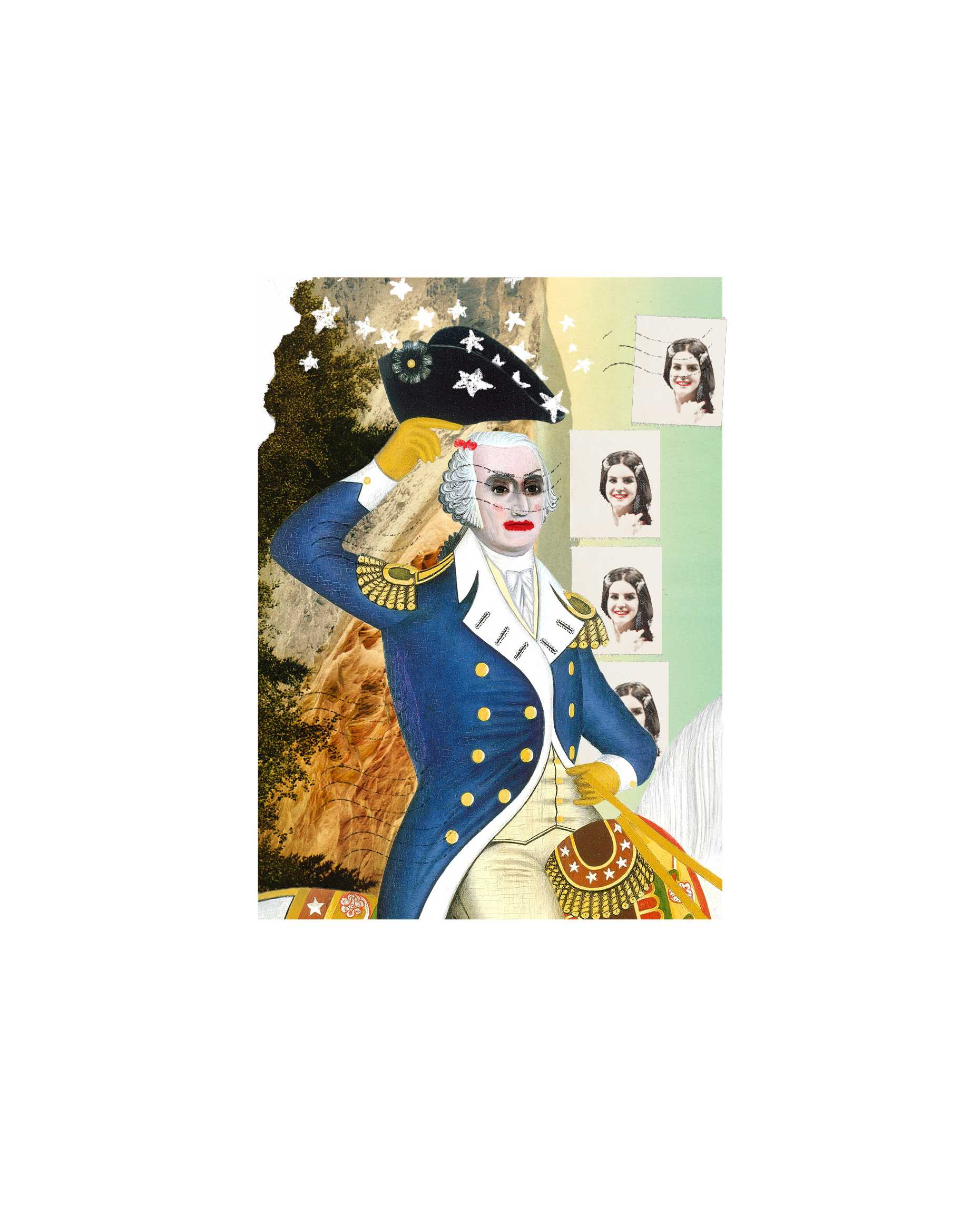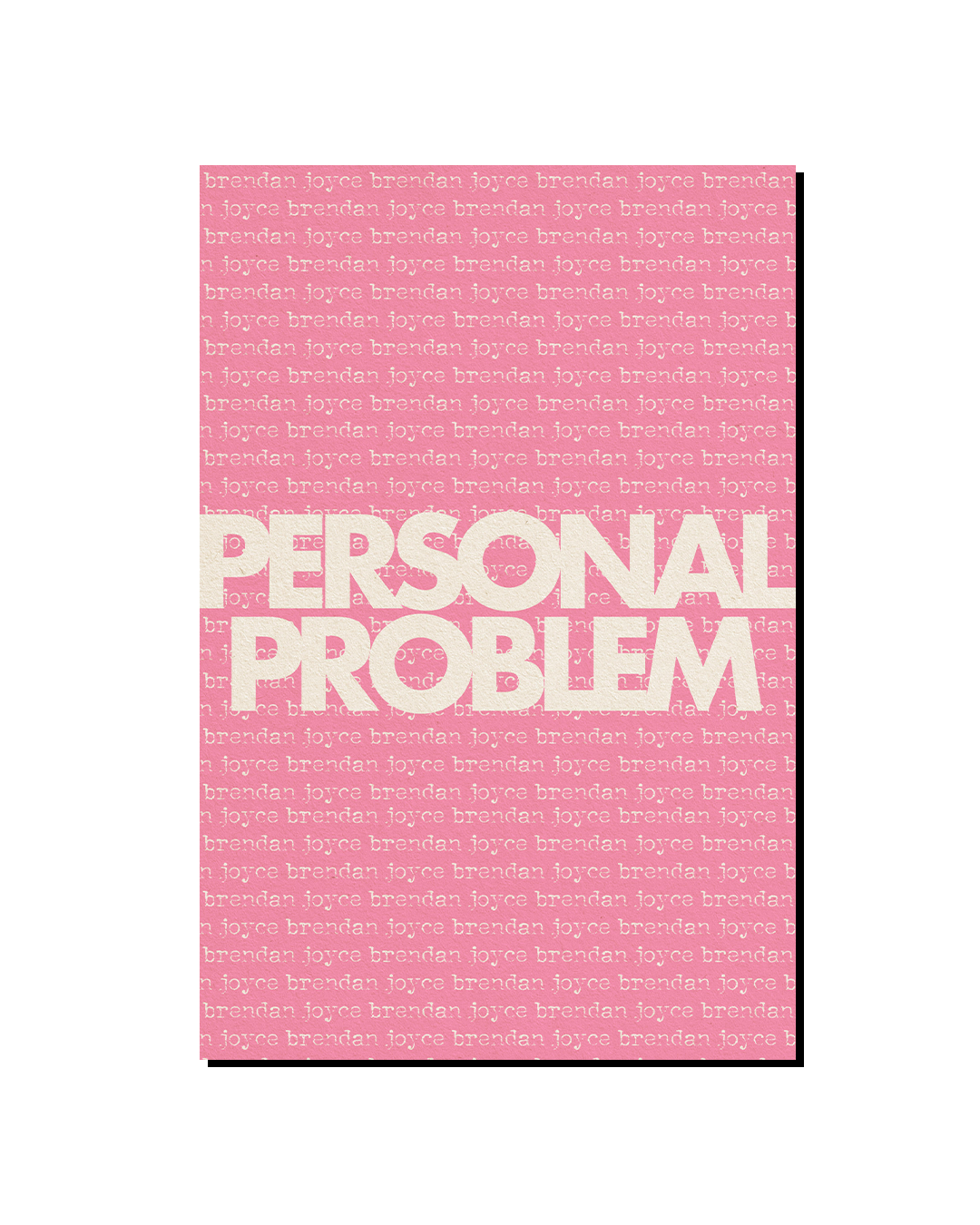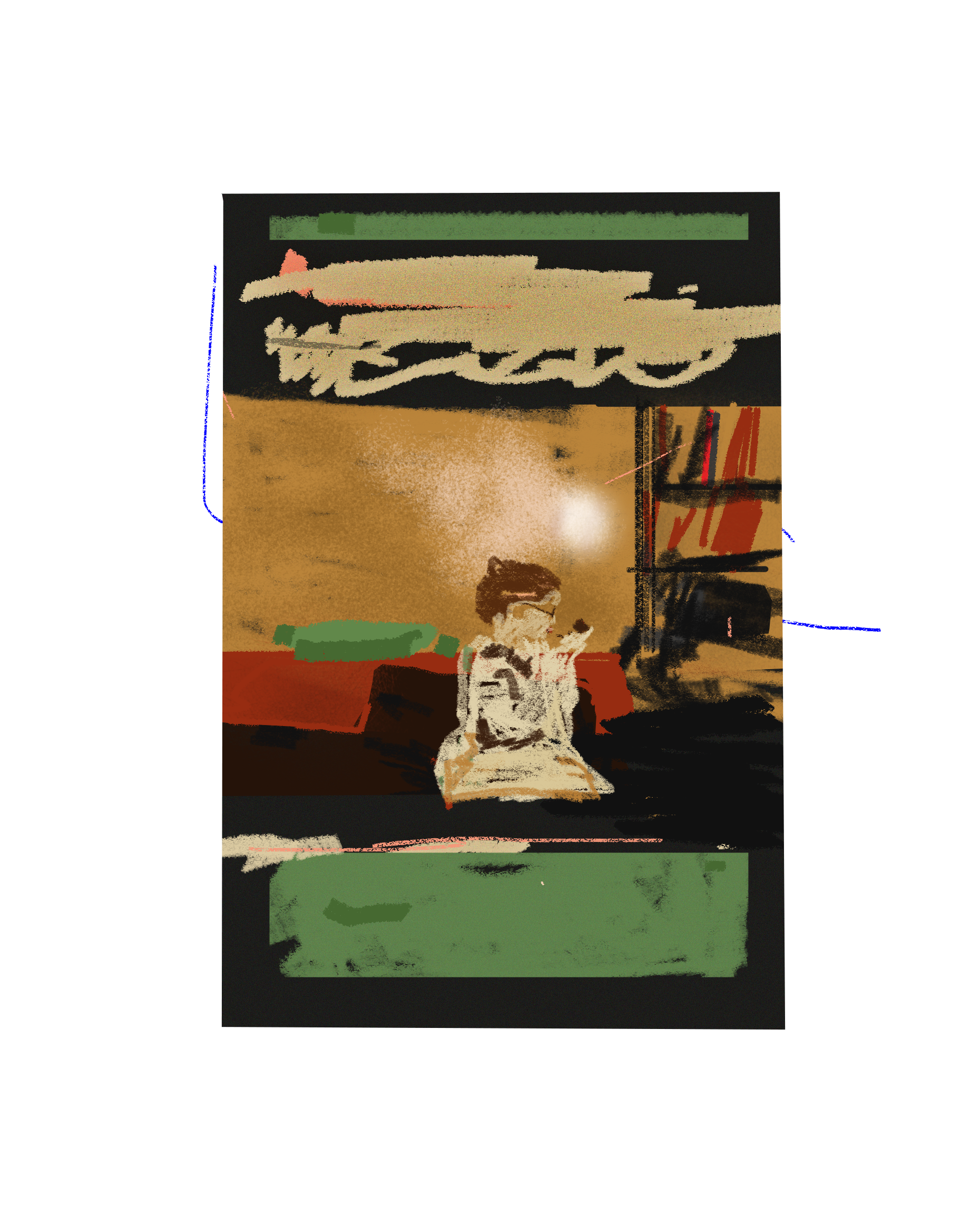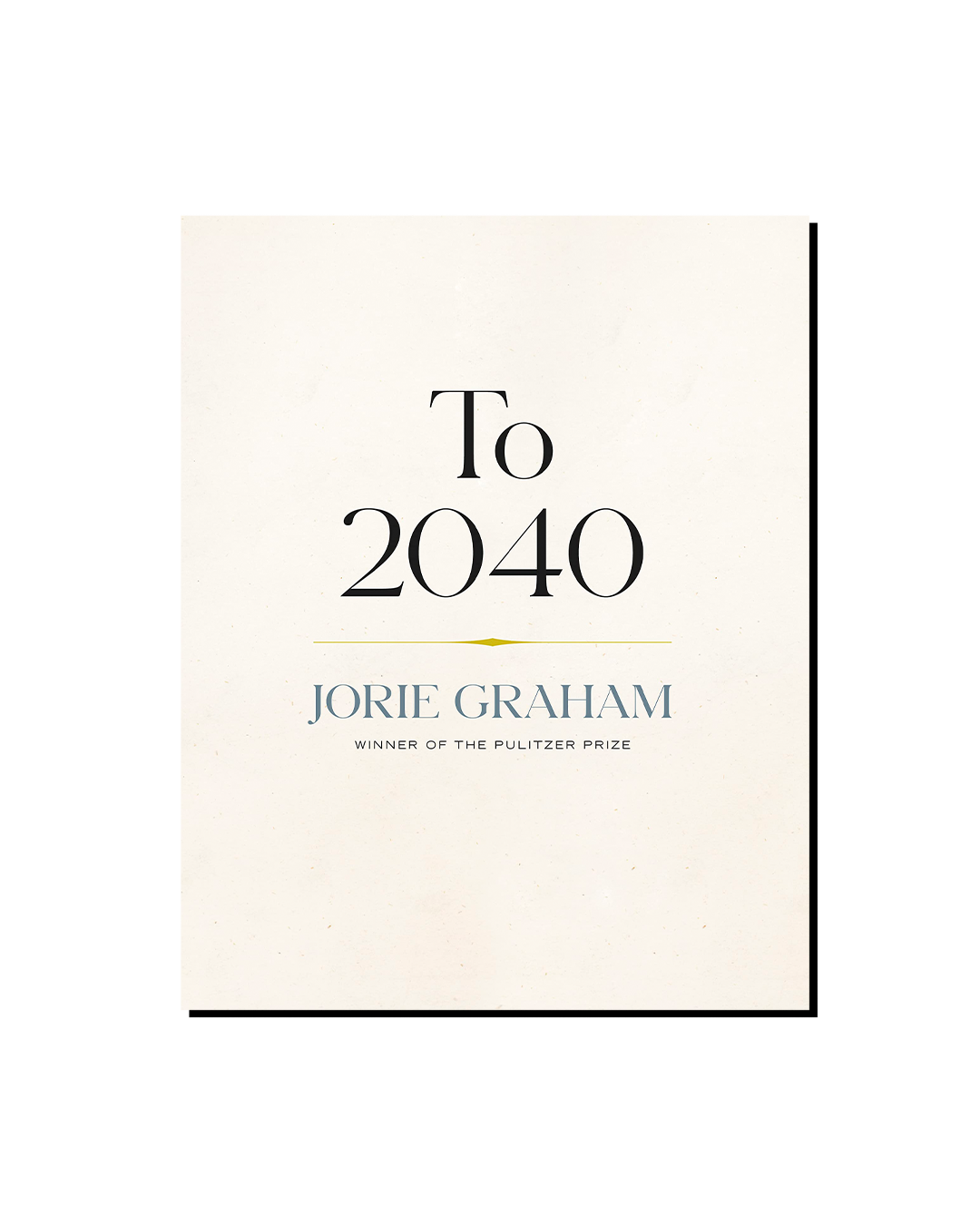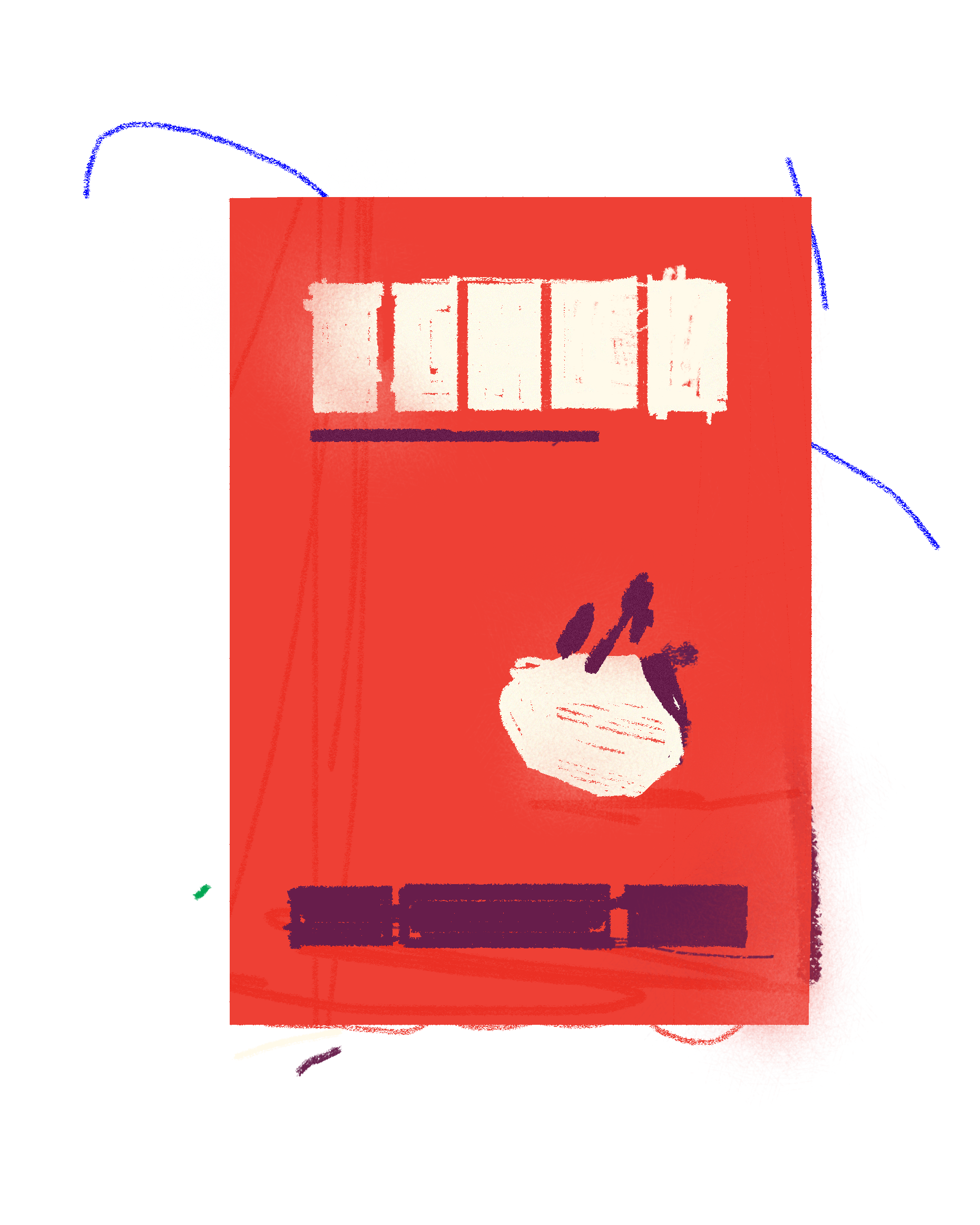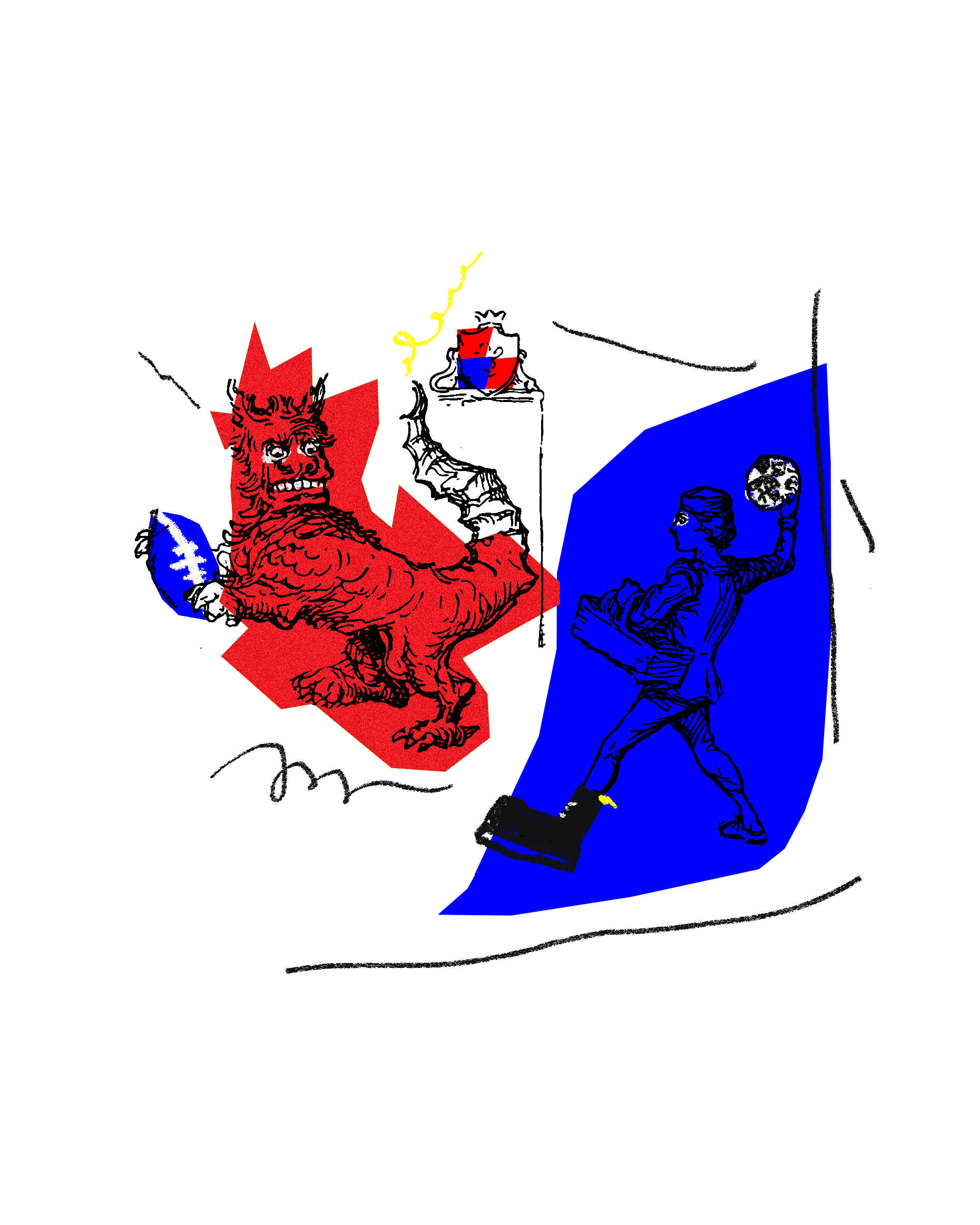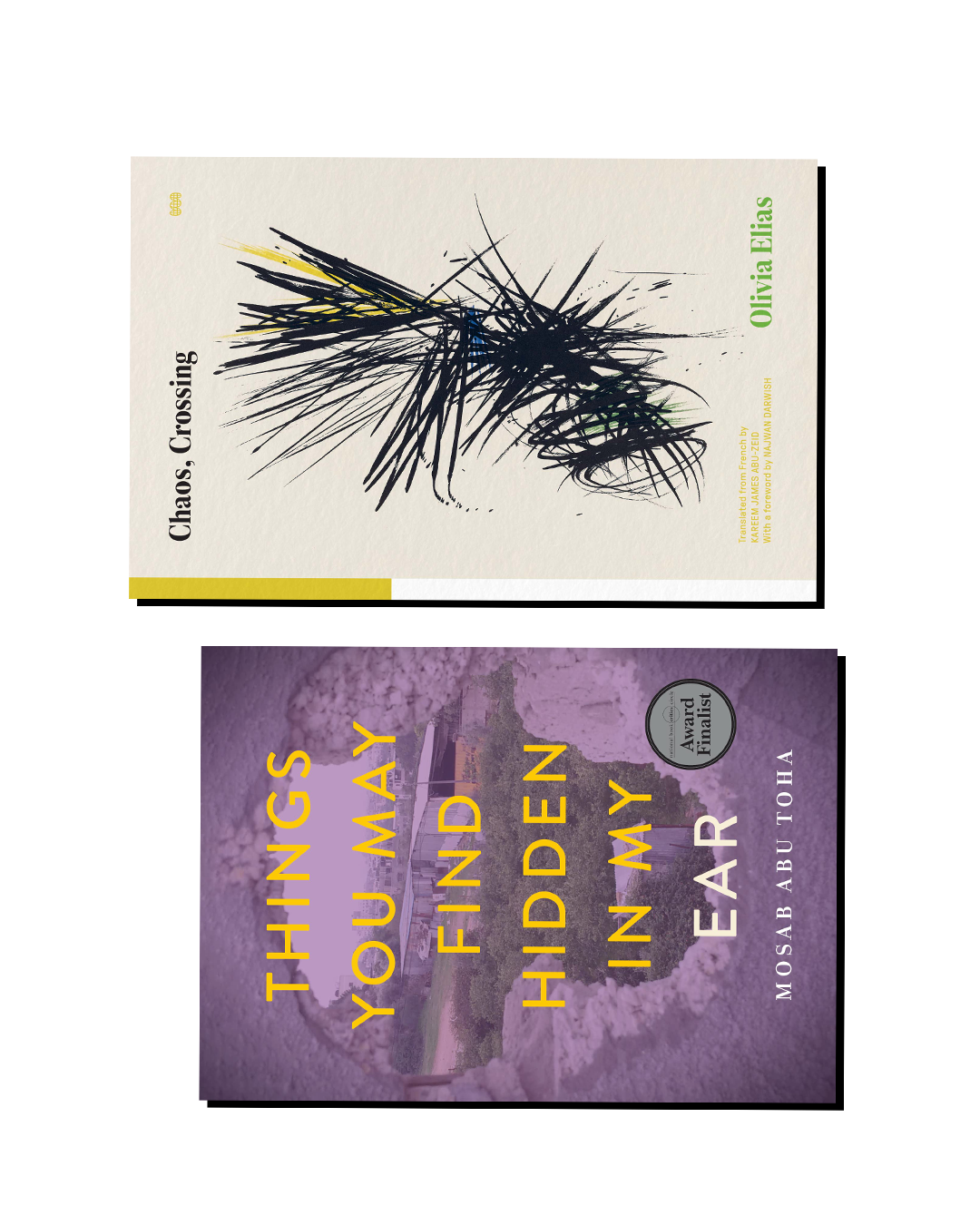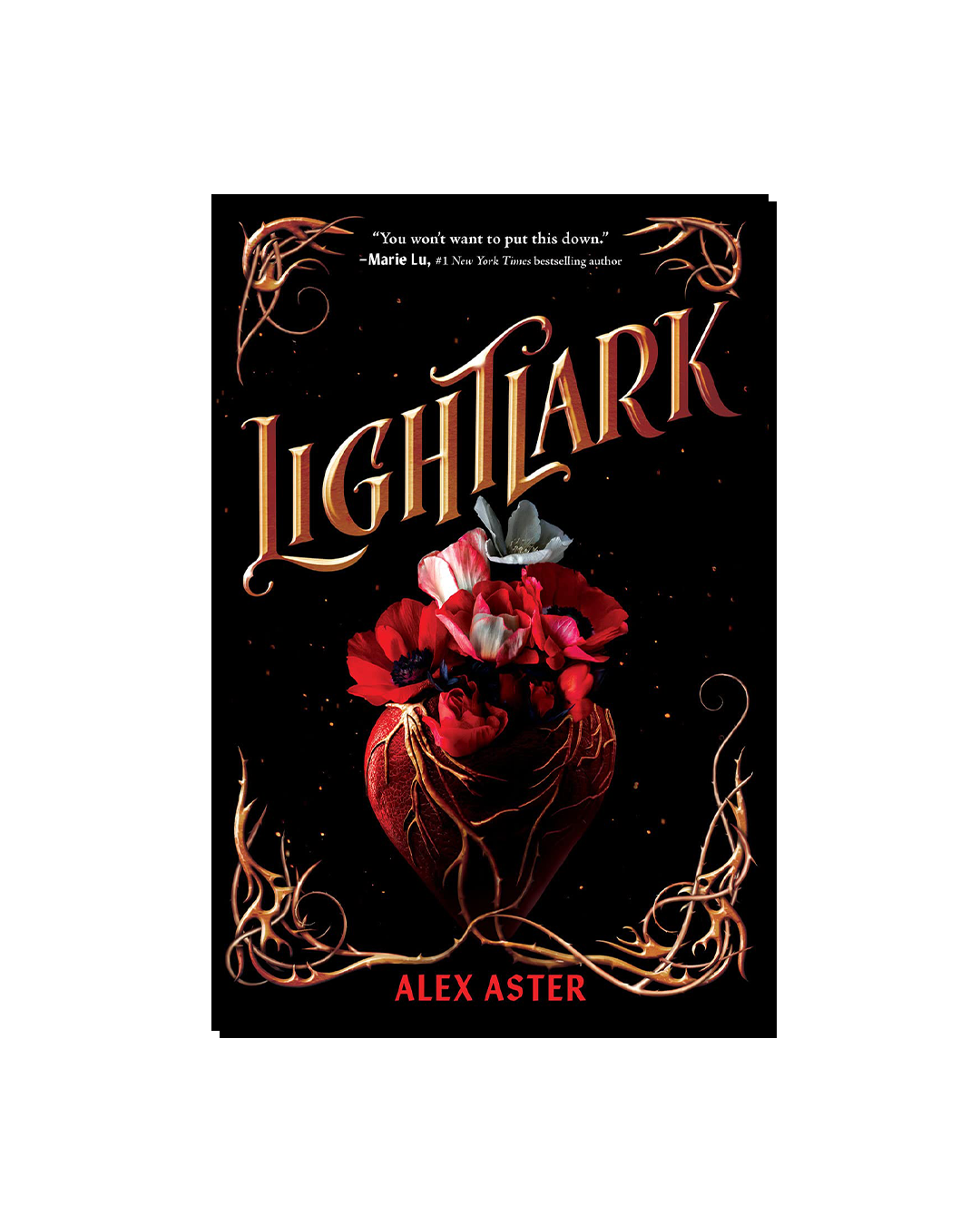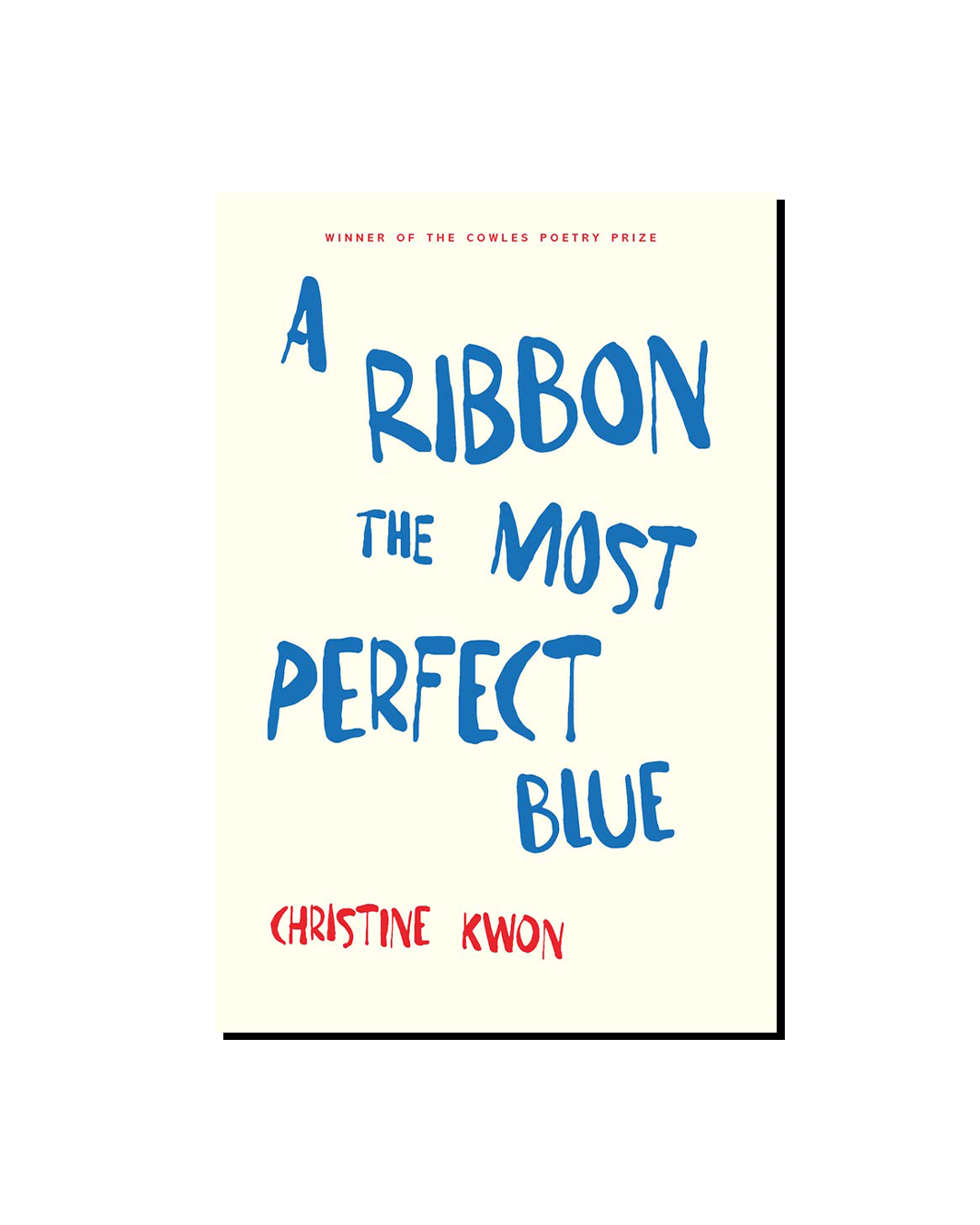American Returns—A Collage
I am coming back to America. I am trying to figure out the act of being American again. There are two things I am now prepared to admit I was wrong about in relation to this: Lana Del Rey’s new Americana songbook, and Ansel Adams’s photographs of America.
What will not cohere: On Valerie Hsiung
In that pulse between orality and literacy, the history of thinking and breathing, something forced—to hurl. Somewhere someone is apologizing for existing.
Two Poems from “Personal Problem”
Heard you pulled a twenty dollar bill out of an Ohio sunset. Heard you do it every night.
A Thousand Shapes and Shades: An Interview with Howard Fishman
As I gradually grew into and found language for my queer identity somewhere around my mid-twenties, Converse’s elusiveness was a balm, especially when I felt an ambient pressure to make myself neatly legible for the sake of other people’s comfort.
Pathologies of the Après Garde: On Gary Indiana’s “Rent Boy”
Indiana’s easygoing syntax—the slippery, casual asyndeton that feels at once half-slangy and half-clinical—isn’t so much naturalistic as anthropological. But self-awareness, like an erection, is hard to keep up indefinitely.
Just Now and Gone: On Jorie Graham’s “To 2040”
Graham’s poems do not merely describe images of the near future, Anthropocene industry and loss, but enact its immediacy with energetic bursts of syntax contending with their afterwards, their silence: “—& where // does it go now / when it goes away”
On the Earth, or in a Language: A Conversation with Dong Li
As long as you have things to say, you don’t have to package or repackage things in a very intellectual way. If the thought is forceful enough, it will find a way to convey itself, even if it’s in a broken language, even in broken English.
Power, Morality, and the “Female Gaze”: On Eliza Clark’s “Boy Parts”
Boy Parts displays a preoccupation with photography’s enactment of power and control.
Somebody’s Gotta Do It: On Erin Hatton’s “Coerced” and Eyal Press’ “Dirty Work”
Power doesn’t always come from brute force; in many cases it operates through obfuscation and mystification. Illuminating all of this is the easy part, of course. The challenge is figuring out how to empower the people who work under these conditions.
Shufflin’ and Supposin’: On “Buffalo in 50 Maps”
The book is organized around four city slogans, Queen City of the Lakes, City of Good Neighbors, City of Light, and City of No Illusions—taking the reader through a communal memoir that mirrors that of my family.
The Philosophy of Failure and Failure of Philosophy
Failure, then, is a tonic for hubris, a lesser ward against the performative narcissism of perfection we wear as both shield and mask to navigate these craven times.
The Internet’s Greatest Grifter: On Caroline Calloway’s “Scammer”
There’s also the question of genre itself: there’s an established tradition in American letters of privileging storytelling over truth-telling when it comes to what we might call literary journalism.
The Uncanny Valley of America’s British Language
When an American looks at British Literature, we see what we are not. But we also see what we are. There’s a reason Shakespeare, with his corrupt kings and upstart heroes, is so often presented as integral to the American spirit.
I’m A Lot Like You Were: On Robert Christgau’s “Is It Still Good to Ya?”
As music critics we struggle to separate ourselves from the social media cavalcade, hurried by deadlines, aggrandizing our own curation and tastes. Christgau is blissfully unconcerned with any of that.
The Reader Will Not Be Saved: On Palestinian Poetry (in Translation)
A US readership may be seeking the right kind of palatable challenge to their aesthetic and intellectual views, a challenge that will change them, but these poems are after something different.
from “Teeter”
Sideline aside, talk just to say, speak just to hey, sound just to chorus. Take long sustain sounds, remove the attack & decay to assemble tones. Lower & raise pitch, make the levels consistent, string together a long-ass DRONE.
The Diversity Elevator: On R. F. Kuang’s “Yellowface”
The novel is a lackluster examination of plagiarism, privilege, and cultural appropriation that is too assured of its own righteousness; that fails, in its moral assertions and limp characterizations, to conclude anything besides the painstakingly obvious.
The Trope-ification of YA Fantasy and its Marketing: On Alex Aster’s “Lightlark”
Solid writing is for cowards, after all. True commitment to storytelling lies in speedrunning as many tropes as possible.
Still, Observing: On Christine Kwon’s “A Ribbon The Most Perfect Blue”
There is an insistence to the art required of this stillness, this refusal to act, and the attention to quotidian detail it both enables and depends upon.
The Writing Kind: On Kate Zambreno’s “The Light Room”
Zambreno shares my want, which is Cornell’s want: to hone in on the shifting gradations of light and temperature throughout the day by being present to the world and those within it.

